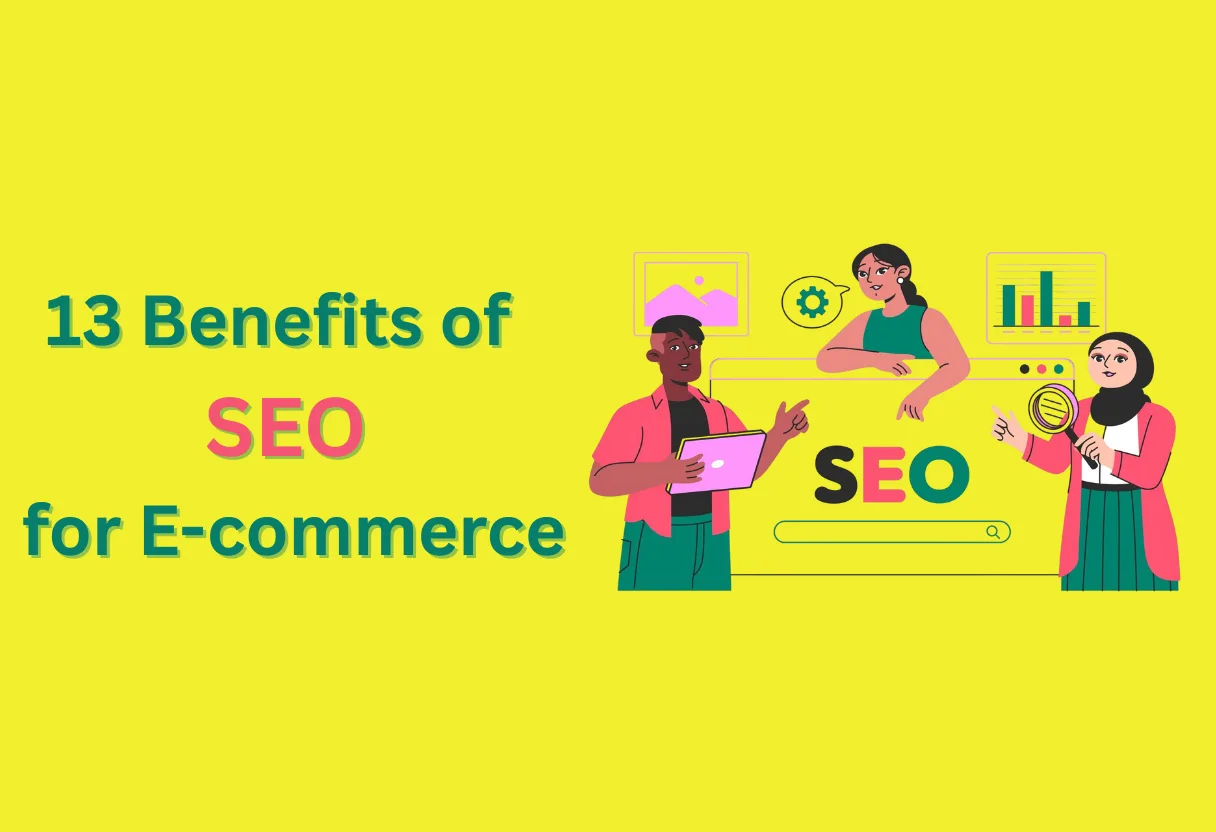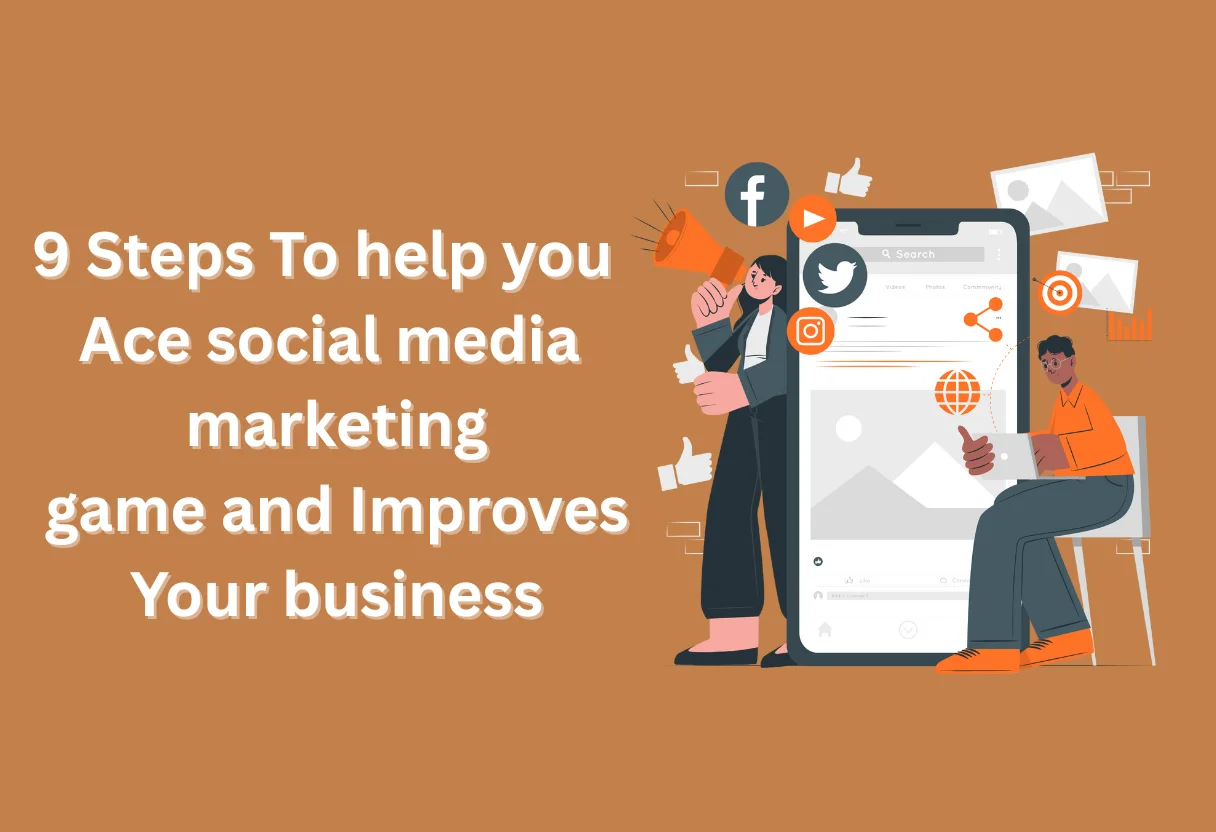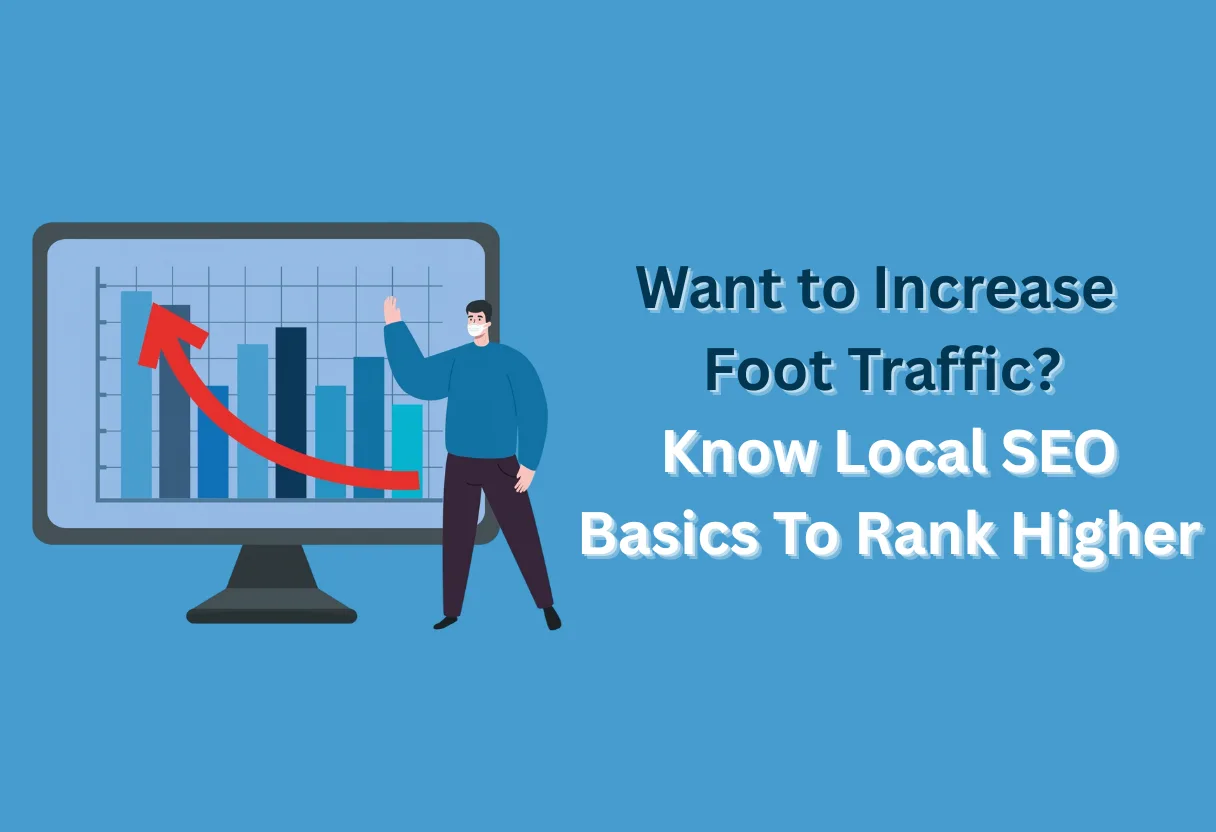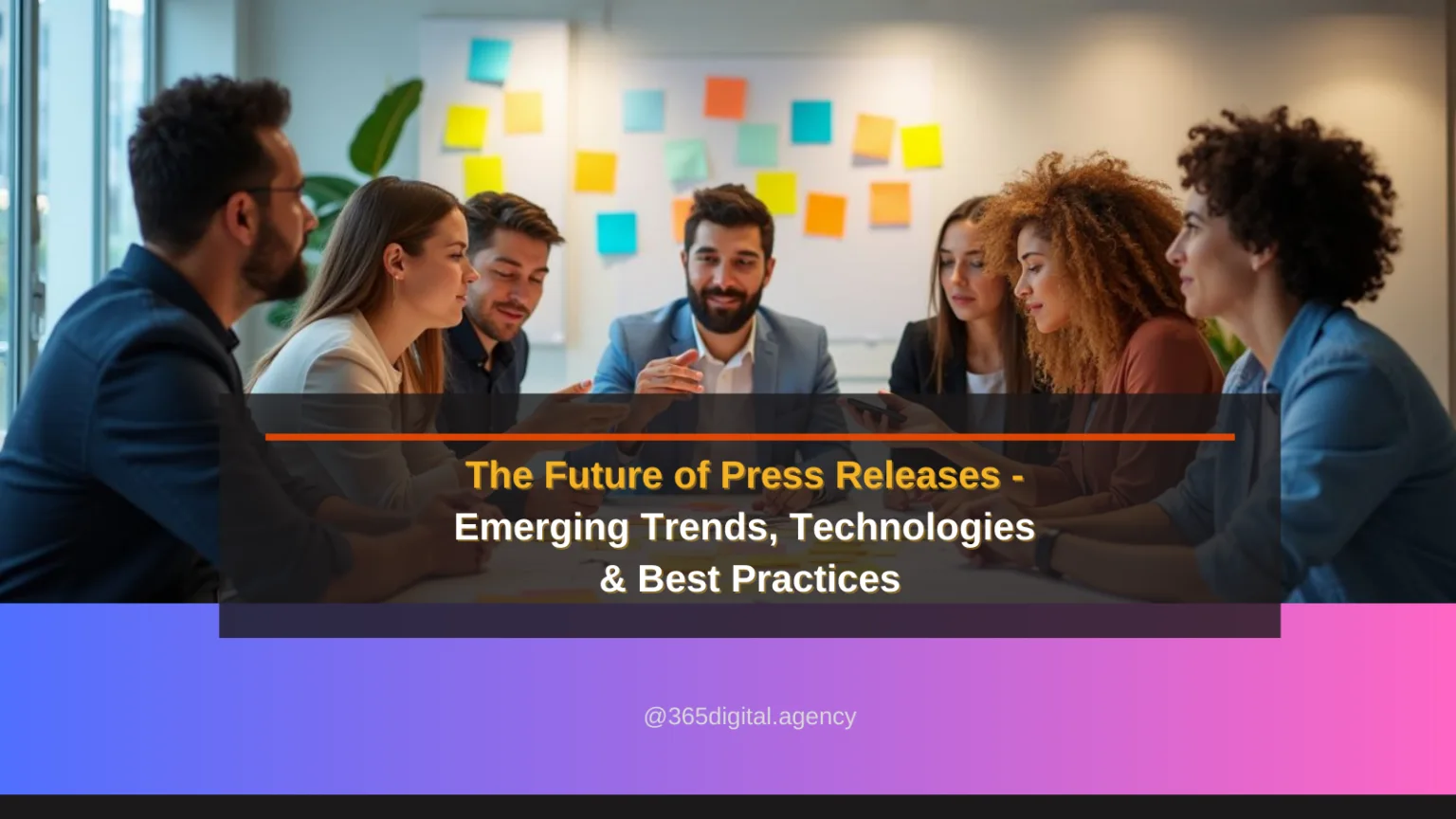Search engine optimization (SEO) is a hard-earned fruit for e-commerce websites which every marketer should use for leapfrogging its business. Despite the fact that SEO has one of the highest ROI of any e-commerce marketing campaign, many online stores are just not interested in including this method.
Instead, they rely on paid ads, which are great in themselves, but you can only do so much with them. Ranking your products with the help of ads is costing companies billions of dollars that amount is only increasing.
The only thing SEO primarily requires is effort— once you rank, you can make sales even when you are not doing any advertising.
What is E-Commerce SEO?
E-commerce SEO (search engine optimization) is a method to list and rank the products in the SERPs( search engine result pages).
To, sum it up every traffic which is coming in the site is organic. According to SEMrush, organic search drives the most traffic, which is much higher than paid ads.

Source – https://www.semrush.com/blog/ecommerce-seo/
Importance of SEO for eCommerce Brands
The above summary and definition of SEO do make a point of including SEO as a marketing strategy in E-commerce. But let’s gain more facts around that.
According to Alibaba research, 68% of all online shopping/purchases start with a search query. 81% of online shoppers consult Google or some other search engine before making their purchase.
Many of those searches are not looking for brands, but for a solution to their problems. The solution to the problem is your product, but to reach the correct audience you need to rank in SERPs.
By ranking in search engine results pages (SERPs), SEO helps you in enjoying a higher level of traffic. The higher you rank, the better are your chances of earning the fruits of those leads.
For example, the Advanced Web Ranking reports for websites concluded that the top spots of SERPs have 40% click-through rates CTR (CTR measures the number and frequency of clicks your website gets when it shows on search results pages.).)
It is safe to say that the lower you drop on SERPs, you are practically non-existent in the e-commerce market. As 95% of people never go beyond the first page. Also, result number two gets only half the number of clicks as result number one.
But you are thinking you have the power of paid ads, which will always put you in the number one spot in SERPs. This thought process is wrong for two reasons;
The first reason, people ignore ads and move on to the organic results( unpaid results). It is not being said, it doesn’t work. But wouldn’t it be safe to lean on, where the tip of your scales is leading?
Second, paid ads work, but for the short term. It is effective for a small category of searchers who want to buy right now. As for SEO, it is in for the long haul. Also, it caters to every prospective customer. No matter what stage of the buying process your customer is in, your website will always help.
We’ve talked about the importance of search engine optimization, but how does this convert into real advantages for your company?
E-commerce SEO: How can product optimization benefit you?
Now it is a fact that SEO drives more sales and it is way better than paid ads. But how SEO will help any enterprise owner in the long run?
As discussed earlier, the first result gets more clicks than any of the results. This means you are getting double the visitors daily after ranking in SERPs, which means there is an onslaught of organic traffic and conversions on your website.
Now, with ranking, it can be said that the site can be trusted and is walking the talk. This brings credibility to your eCommerce site. Often the mindset of the buyer is: Who will trust the legitimacy of the site, which people have heard about for the first time on Google?
There is a reason why 85% of the users are more likely to buy when the site is listed on the first page of Google results. According to Kissmetrics, if you can boost the conversion by a mere 5%, then you can increase the sales revenue of the e-commerce site by 25%.
The good news is that you can also enjoy the massive amount of business by implementing basic SEO strategies. This includes the implementation of strategies for the on-site design and content development process. What exactly does it entail?
Focus upon creating enthralling stories in product descriptions, internal links between pages and anchor text backlinks from trusted domains. Additionally, build on relevant keywords, and invest in off-page SEOs( Off-page SEO, often known as “off-site SEO,” describes procedures followed to
influence your ranks in search engine results pages (SERPs) outside of your own website, for example, brand mentions, commenting etc..)
Now enjoy the results of your efforts in creating the brand name. But the benefits are far more apart from the ones mentioned above.
Without further ado, let’s discuss more benefits which will scale your business and give you more brand visibility.
Also Visit – List of 11 Most Common SEO Mistakes
13 Benefits of SEO for Ecommerce
We now have a fair idea of why e-commerce needs to optimise its products. But that is not all, the above paragraph just highlighted the benefits of product optimization. But now, we will list out the benefits of how that product optimization can bring in significant ROI for your businesses.
Let’s have a look:
1. SEO gives 24/7 promotions
Have you ever wished that the sales of the product go on auto-pilot after tedious months of marketing? Well, SEO is the answer for you then.
It will reap your revenues even when you are sleeping. Also, like paid advertising, it will not disappear because of budget cuts. Therefore, it will cater for your customers’ requirements even in your absence.
This means it will promote your brand, build awareness, bring in quality traffic and convert your leads into loyal customers. Phew!! That is a lot of work and that too is just rigorous efforts of a few months.
2. SEO gains more clicks than PPC
As a consumer, when we see the search results of our searches, we tend to ignore the ads section. We directly click on the organic search results provided by Google. Why?
We don’t trust the ads and their brand credibility. The paid ads have gone up because it was being paid to rank higher and we choose to ignore them.
No wonder, the CTR of PPC ( pay-per-click) is much lower than SEO. Also, if we throw in the cost per acquisition, that is also much higher for PPC.
3. SEO improves your user experience
Google is one search engine which marvels at giving its user base what it needs. For example, this blog will rank down if it doesn’t meet the standards of Google ranking factors in SEO. If it is ranked higher in SERPs by you for a little while, it is surely ranked down easily.
Also, Google keeps reinventing itself. It knows what type of content the users want when they want and how they want it.
Therefore, it is important to understand what prospective users/customers want. Also, it is not a one-time task. As the user behaviour and expectations change over time.
If the user doesn’t find your site worthy enough of their time. It is safe to assume that you have lost customer, who will never come back again.
4. SEO helps generate more leads
We have time and again given assurance in the blog that SEO helps give high-quality leads. This improves conversion rates, increases customer base and builds brand awareness. But how?
Optimize your home page content and product page with high-ranking keywords. This will create a social media presence and build authority. Ultimately give leads, and sales and scale your business.
5. Increase Brand Visibility and Awareness
In the marketing world, the more relevant SERPs you show at the top, the more eyeballs you grab. This creates awareness around your product and the service you offer.
With a supposed buzz around your brand, it will promote brand recognition. Also with SEO, you can align your user demographic with your brand’s motto.
6. Builds Marketing Funnel
SEO is neither a one-step process and is one size fits strategy. SEO is a robust strategy which fully intends to cover each step of the funnel and provides awareness, evaluation and conversion. When making an SEO strategy that is what we cover
Therefore, the SEO strategy covers each and every step of the buyer’s journey. Executing one step at a time. Also, if the top or middle of the funnel is executed in the right manner, it will go a long way in establishing your brand. Also helping in bringing leads and conversions.
7. Builds Brand Credibility and Trust
Being on the top page of SERPs gives you the added advantage that search engines consider you relevant. Therefore, SEO is helping you establish credibility, Optimise on-page content and get various backlinks.
SEO not only attracts the user to your site like a bagpiper but also retains them. This works wonders for your brand image and reliability. But everything is not achieved overnight and will need continuous effort.
8. Outsmart your toughest competitor
According to WebFx, expect your competitor to spend in SEO and other forms of digital marketing as 80% of people rely the internet to research potential purchases.
You can anticipate a decline in Revenue and market share if you neglect SEO.
Your website won’t show up when visitors search for terms relating to your services or if it does then probably rank in second, third or fourth pages.
However just 25% scroll past the first page of search results which reduces your potential earnings and leads.
This is crucial if you want to compete with your rivals.
9. SEO brings in the Quality Traffic
One of the best ways for inbound marketing is SEO. One of the key features is that it doesn’t pop up like TV ads and brings in quality traffic and conversions to the page. As it targets a certain demographic and brings them organically to your site.
With SEO, you can reach out to those who are seeking the solutions which are hidden in your product. According to Infidigit, Various sites have claimed that SEO is one of the reasons for bringing 53% of site traffic, making this one of the crucial benefits of SEO.
Keyword: traffic and conversion
Having said that, often traffic is given more importance than conversions. Although the conversions one can get is through traffic only, but they do not hold the same value. Customers are drawn to the website by the traffic, but if there are no conversions as a result, the traffic is useless.
This is where you need SEO, it brings in quality traffic which has a higher chance of conversions.
10. Customer’s Minds
It helps you charter in customers’ minds and daily routines. When the customer is most active? At what time, day, date and season of the year?
With the help of this information, you can engage on various SEO tools which can hive you traffic and conversions in the site. Even you can gauge the user behaviour with Google Analytics.
This will be a learning lesson for business owner as well as a help in course correction.
11. High ROI and conversions
Earlier, we have stated that SEO brings in a lot of traffic to the site. This means now with the content on your page you can make them subscribe to your newsletter or share your content on their social media handle.
SEO is highly quantifiable, with Google Analytics it can give you parallel insight into every small action. It gives you an insight into what is working and what is not. As it’s cheaper than paid ads, then its footfall gives more ROI.
12. Long-term strategy
In India, there is a proverb that “the thing which takes ample time is quite profitable.”
This strategy takes 6 months to 1 year to get implemented. But it gives massive returns and brings credibility and brand value.
One of the reasons why there should be an investment in an in-house SEO team or outsourcing the work.
13. Keeping up with Google search Algorithm
Google updates itself and makes hundreds of changes in its algorithms to prevent itself from succumbing to fraudulent blackhat techniques. This means that you have to pull up your socks to tackle the algorithms.
Most SEO professionals know exactly how to outsmart this algorithm update and rank your site higher and help you gain an advantage in organic search.
The benefits of SEO should not be limited to only Google searches as local SEO can bring in more traffic. Local SEO sites like Yahoo, Bing, and Yelp can bring in local customers driving more business to your site. Therefore, the more the merrier!!
Local SEO for eCommerce Websites
Local eCommerce SEO boosts your business performance by helping it list in online search results. For example, you have searched for the ‘best parlour service’ in Seattle. Certainly, the Google maps algorithm will list the parlours from in and around the region and not from the other side if the country.
At this point, if you’re not making the most of local SEO, you’re almost probably losing out on a significant portion of both online and offline clients. One of the reasons why, Google has made Local SEO an important algorithm.
This increases the number of people who discover, get in touch with, and make purchases from your GMB (Google My Business) site. Local SEO for e-commerce aims to obtain top ranks in Google’s local search results. According to Think with Google, doyou know that ‘near me’ and similar searches have increased by 500% in the last year, alone? With strategies like these, you can scale your business to new heights with more traffic and conversions.
So, now you have configured what, let’s know why do we need local SEO?
Here are the 3 advantages, which are-
1. Increase in web traffic
When customers search for nearby goods and services related to your company, local SEO tactics can help your e-commerce website rank better in the Local Search Engine Results Pages (SERPs).
Your e-commerce website will consequently receive greater traffic as more users find and click on Google maps first.
2. Outrank your competitors
It’s crucial to stay one step ahead of the competition if you want to expand your company and boost sales. Your Click-Through Rate (CTR) might rise by more than 30% only by moving up one position in the rankings.
This means that when you outrank your rivals, you can get more clicks and online traffic, which will increase your leads and conversions
3. Long-term business growth.
You may expand your consumer base and improve the internet exposure of your e-commerce site using local SEO.
But how does SEO get built? Primarily, with keywords. When buyers leverage these keywords in their search queries that means they are at the end of the buying journey and to make the buying decision. These types of keywords are called keyword intent. Let’s look into that and gain more knowledge about this.
What are keyword Intent and the Type of Keyword Intent?
Without a question, the most crucial idea in keyword research is keyword intent. It enables you to better satisfy user needs and align your landing pages and content with their objectives. The first step in evaluating conversion problems with search referrals is to analyse terms by intent.
The searcher’s intent is shown by the keyword. It’s what a user will probably do when looking up a specific phrase. Or, to be more accurate, it’s what the user is most likely to do given our inability to be certain of everything. To gauge searcher’s intent, there are three types of keyword intent, which are as follows-
1. Transactional keywords – A keyword search in which the user is indicating that they are prepared to make a purchase.
2. Commercial Keywords- These keywords reveal the curiosity behind the searcher’s intent towards any specific products or services.
3. Informational Keywords- This keyword gives all the hows, whys, what and when of the product. Basically divulging every available information around the specific product or service.
But what is the role keywords play in generating traffic? Let’s know more about that. Also, how will we know the searcher has arrived at the final stage of buying?
The Importance of buyer and keyword Intent
Buyer intent keywords are search terms users enter when they want to make an online purchase. When consumers use these search phrases, it indicates that they have reached the conclusion of their purchasing process and are prepared to make a purchase. For websites that provide goods and services, these keywords are particularly crucial. Now, there are three type of buyer intent keywords. Kniw more about it in next paragraph.
Type of buyer keyword Intents
As being said, buyer intent keyword are search queries shown by someone who wants to actively make a purchase. So, is it not possible if search query is loaded with buyer intent keyword, then anyone can target their ideal customer. Also to know the stage of purchase the searcher is in, there are three types of search queries, which are:
- Buy Now keywords
The above keyword explains itself. This keyword signifies that the buyer is at the end stage of the buying process. They are not trying to make a ‘decision’, the buyer has made the decision.
- Product ‘Search’ Keywords
A person will employ a product search keyword when they are aware of a problem and are aware that there may be a potential solution.
This keyword also signifies that buyer is actively searching the answer to its problems. One factor to note is that these keywords will generally be quite expensive to target with ads, and the organic results will be competitive to rank for.
- Low Purchase Intent Keywords
Low intent keywords come last. The word “Free” is an illustration of a keyword with little purchasing intent. If someone searches for it, they’re probably not going to take out their money. These won’t be helpful to you if you run an e-commerce business or sell DTC goods because you won’t be providing free shipping.
However, if your business strategy is freemium, you might still wish to target these keywords. Low purchase intent keywords could be a useful source of traffic as long as you can successfully convert free users into paying customers.
You may map these search terms into your own sales funnel once you have a clear understanding of what they are. But that remains a process which may take up most of your time. With the load of ranking being taken off from your shoulders, you can easily focus on operations of the business. 365 Digital helps your business in recognizing buyer intent keywords and ultimately leads to towering heights of success.
What to consider while hiring e-commerce SEO services?
The factors to be considered when appointing any SEO services
- Command In social media
- Knowledge of SEO
- Market status
- Positive Reviews
- Cost of service
- Innovative Approach
- Focus on the Audience
- Customer Service
- Tools of the trade
- Privacy and Maintenance.
We have come to the end of our blog, except for the 5 bonus SEO tips as we had promised. So here it is.
Bonus: 5 Best eCommerce SEO practices to rank higher
1. Decrease page load times
You run the risk of seeing a 32 per cent increase in your bounce rate if your page load time jumps from one to three seconds.
Due to their size, eCommerce websites sometimes take a while to load. It can be difficult to make your site faster, however, you can shorten load times by
- Employing faster loading software.
- shrinking pictures
- via means of a content delivery network (CDN)
2. Optimize product pages
Due to the magnitude of eCommerce websites, SEO for them is more difficult. The thought of optimising hundreds of pages seems like an impossibility.
As you need these sites to generate revenue for you, conversion rate optimization, or CRO, is crucial. Optimizing for conversions benefits both your search engine rankings and user behaviour, which search engines pick up on. Make sure you’re keeping an eye on how each product page is performing.
3. Add social proof
Search engines use social evidence in the form of client testimonials, photos, and videos to assess the legitimacy of your eCommerce website. Because of this, social proof must be included on every eCommerce brand’s website. This covers materials like:
- Unboxing
- Reviews
- influencing content.

4. Win trustworthy backlinks
Did you know that your website’s rankings are significantly improved by the number of website domains connecting to it? Search engines are informed by backlinks that your brand is reliable and trustworthy. Therefore, the more relevant backlink that points to your website the better.
5. Secure your site
Does your website have an SSL certificate? If not, whenever a customer hits your store, search engines will show a “website is not secure” warning. It is crucial to secure your website with an SSL certificate because there is a strong likelihood that the customer will quit right away when they read this notice.
Due to the magnitude of eCommerce websites, SEO for them is more difficult. It sounds like a Herculean undertaking to optimise hundreds of pages. But with the right guidance, you can easily scale your business.
Frequently Asked Questions
1) Is SEO good for eCommerce?
SEO is essential as it helps you get to the top list in SERPs and get a better ranking.
2) What are the best enterprise-level eCommerce SEO Tools?
Though you can create keywords on your own, you would like to take off this responsibility from your shoulders and outsource the work. 365 Digital is an apt SEO company which can help you to attain all your business goals.
3) Is SEO gives worth for website optimization in 2022?
Ecommerce marketing is not going anywhere so SEO optimization is worth every cent.
4) How can I optimize my website to get more organic traffic?
There are a lot of checkboxes to consider when optimizing the organic traffic but primarily leverage on-page SEO.
Implementing e-commerce SEO strategies can also help lower PPC costs. How?
PPC is nothing but, a paid ad which will help you get featured in top of the list in SERPs. But at the end of the day, it is paid and it will only furnish results when you put money into it. But, if we have SEO in place no business owner has to shell out extra money for paid ads. As SEO is doing the job of making you appear at top of SERPs.







